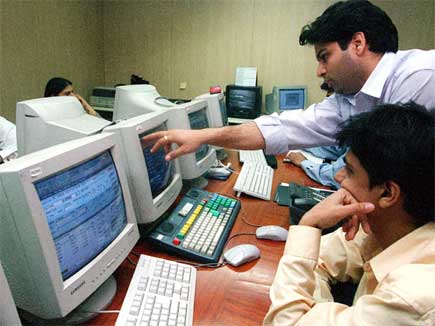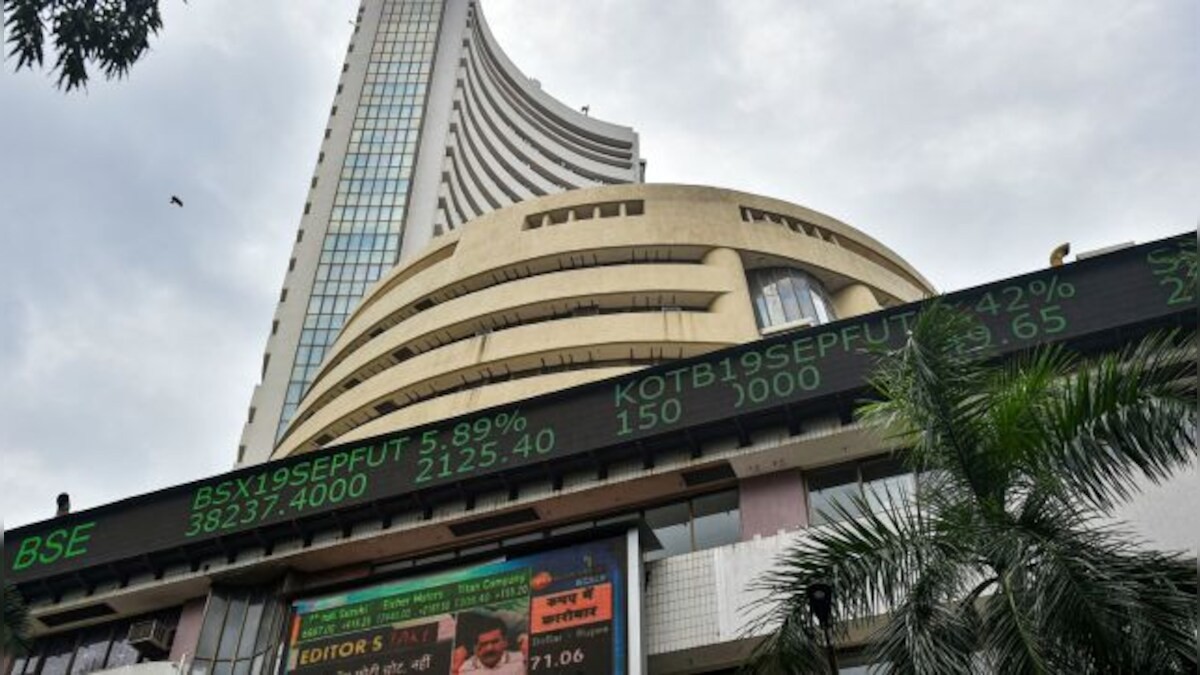It’s been an extraordinarily busy weekend for policymakers at the IMF and the World Bank who went into overdrive to calm global financial markets after last week’s rout.
However, their exertions seem to have had very little effect. Markets in Asia continue to be choppy this morning, swinging wildly in early trades. And although they’ve thus far avoided the sharp plunges that we saw at the start for much of last week, the underlying sentiment is still distinctly weak.
Japan - which was on a holiday on Friday - is playing catch up with the downfall, but other markets have been swinging both ways. Australia opened mildly positive, but has since retreated. Shanghai is down a notch, and Hong Kong’s Hang Seng index is retracing its steps after an early dip.
As of 7.30 am, Wall Street equity futures for Monday are trading marginally up, which perhaps reflects a minor improvement in investor sentiment, although as we’ve seen last week, that can turn on a dime.
Over the weekend, top IMF policymakers urged the European Central Bank to step up with a bigger and bolder rescue plan, but some members of the ECB governing are dragging their feet.
The policy paralysis and dissonance means that we’ll likely see some more rollercoaster rides this week too.
It doesn’t help that investors like George Soros are downbeat bearish, suggesting that the crisis today is worse than the post-Lehman crisis of 2008.
Back in India, after last week’s horrendous falls, investors will be hoping for a rebound. But analysts reckon that until the global economic overhang lifts, we’re not likely to see a meaningful rally. The rupee’s sharp fall is also a dampener for foreign institutional investor sentiments.
Early Asian market trends point to a day of choppy trading for Mumbai.
Listen to podcast
)
)
)
)
)